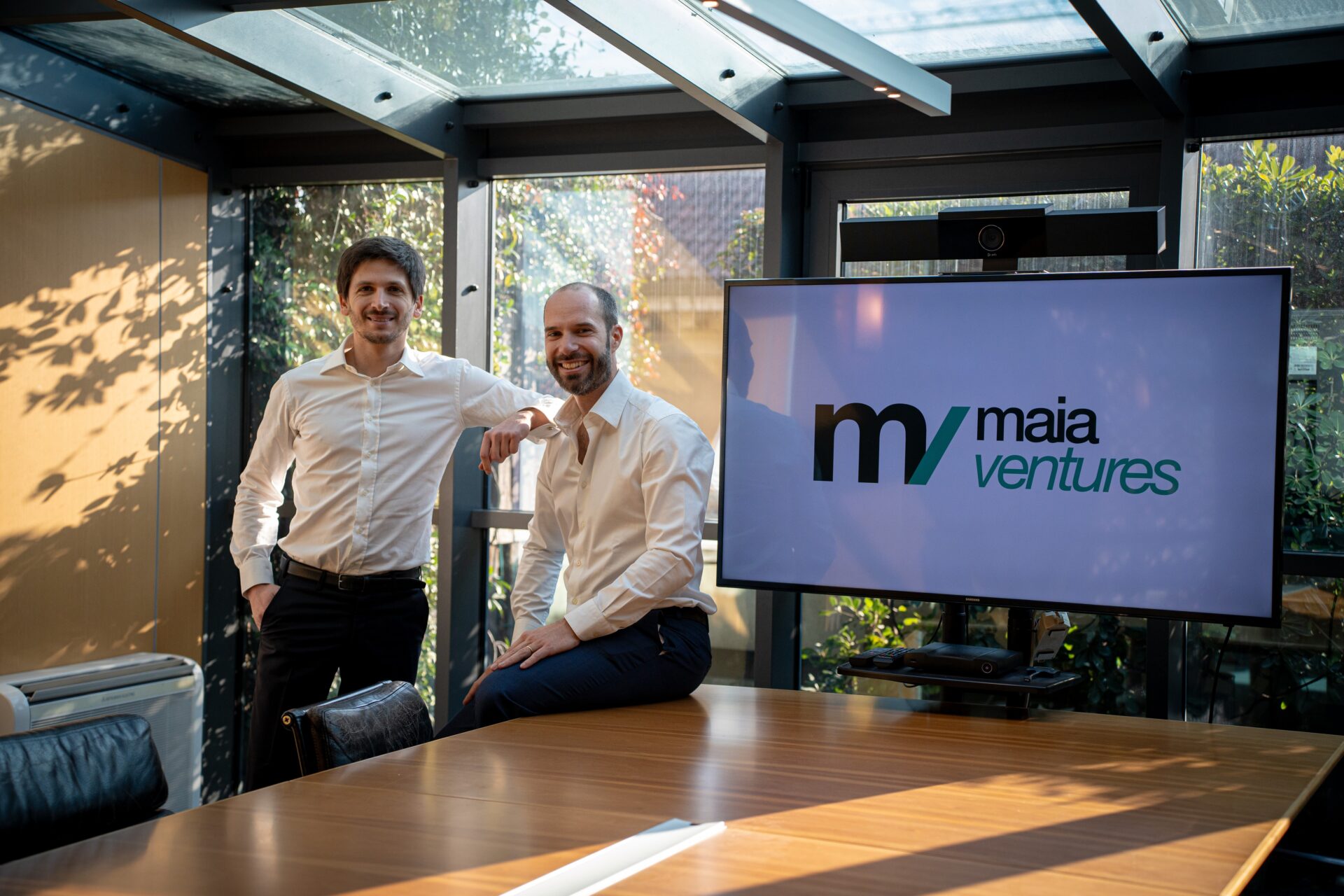Key Takeaways
- Maia Ventures launched its first fund at €55 million ($64 million) to support early-stage food and ag ventures.
- The fund targets health, efficiency, and resiliency in the food system, having already made six investments.
- Investors include institutions like the European Investment Fund and corporate family offices connected to the agrifood sector.
Maia Ventures Launches Impact Fund
Italy-based impact fund Maia Ventures has unveiled its inaugural fund, totaling €55 million ($64 million), aimed at fostering early-stage innovations in the food and agriculture sectors. This fund focuses on initiatives that enhance health, resilience, and efficiency within the food system. Fully operational, Maia has already completed six investments.
The firm, led by founding partners David Bassani and Andrea Galassi, categorizes its investment strategy into three key areas: health, efficiency, and resiliency. According to Galassi, health investments focus on fostering a healthier agrifood industry, targeting areas such as gut health, sugar reduction, and weight management.
Maia’s portfolio showcases ventures such as Lembas, which has developed a peptide aimed at boosting GLP-1 response, and Cappellini, a producer of ready-to-eat plant-based products. Additionally, Maia has invested in Exolab, known for creating plant-derived ingredients for cosmetics and supplements.
The efficiency aspect of the fund emphasizes advancements such as digitization and artificial intelligence in agriculture, waste reduction, and methods that optimize output relative to inputs. Portfolio examples include GenoGra, a genomic analysis platform, and Biorsaf, a food safety compliance software.
Moreover, the fund also features investments in alternative ingredients, including Foreverland, which produces a carob-based chocolate alternative that enhances resilience in the food sector. Maia aims to support between 20 to 25 companies, with initial investment sizes ranging from €0.5 to 1.5 million.
Strategic Investor Choices
Maia Ventures’ limited partner base comprises notable institutional investors like the European Investment Fund and CDP Venture Capital Sgr, alongside private investments from prominent Italian food corporates and family offices, including Teseo Capital and Cereal Docks.
When selecting investors, Bassani emphasizes the importance of avoiding “tourist investors”—those who lack a deep understanding of the agrifood sector. This approach contrasts with earlier trends in the agrifoodtech landscape when generalist investors pursued startups without a thorough grasp of the industry. According to Bassani, establishing relationships with institutions and experts in the agrifood space proved crucial.
Despite the current economic environment posing challenges for fundraising, Bassani notes that it’s an opportune time to deploy capital into meaningful projects. Claudia Pingue, head of CDP’s tech transfer fund, expressed confidence in Maia Ventures’ ability to connect Italy’s esteemed food industry with innovative solutions in agrifoodtech, underscoring the team’s expertise in identifying impactful, deep-tech innovations.
Challenges in Agrifoodtech Funding
Funding in the agrifoodtech sector remains on a downward trajectory, primarily due to a scarcity of successful exits and inflated expectations among investors and startups. Galassi points out the necessity for a balanced approach to addressing various challenges within the sector, particularly in biotechnology, while also ensuring the development of robust profit and loss statements for sustained success.
Bassani stresses the importance of rigorous due diligence in their investment process, advocating for a deeper level of scrutiny than seen in previous fund management practices. He highlights the complexity of the field, asserting that thorough scientific understanding is essential for effectively navigating this domain and contributing to its evolution.
The content above is a summary. For more details, see the source article.















